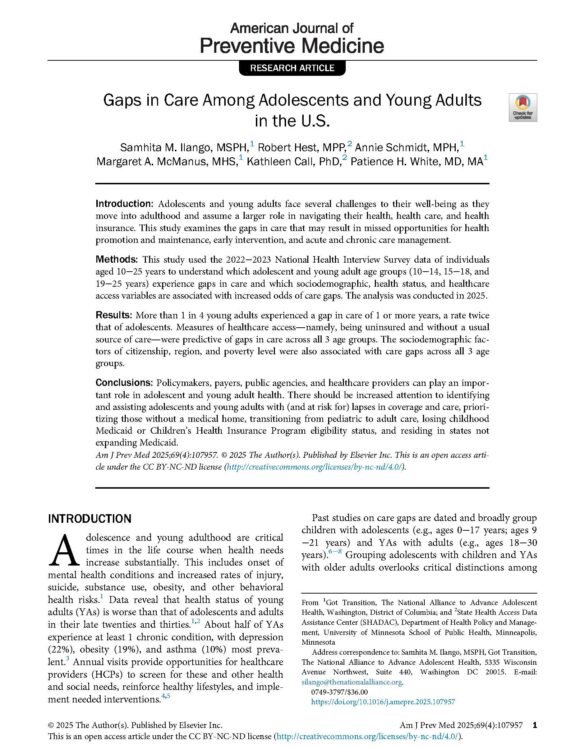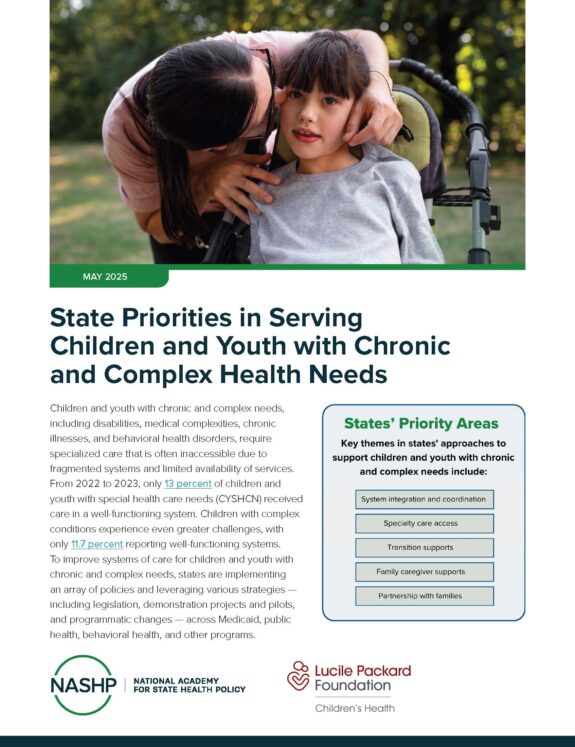How Local Coalitions Improved Systems of Care for CSHCN
A famous quotation suggests that the only thing that ever has changed the world is a small group of thoughtful, committed citizens. In 2013, the Lucile Packard Foundation for Children’s Health put that theory to the test by launching and funding small coalitions around California to bring local change to the health care systems that serve children with special health care needs. A newly released evaluation summarizes the results of those efforts.
The project, dubbed the California Community Care Coordination Collaborative (5Cs), brought together agencies and families to identify and address local issues that arise from the painfully fragmented systems of care that California’s children with special health care needs and their families must navigate. Ten counties participated over the course of the project. Two county coalitions continue to operate with foundation funding, while four others are continuing with local support. Each coalition set its own goals and priorities for system change, and also sent representatives to a statewide learning collaborative to share findings and discuss common issues.
Collaborative participants included California Children’s Services Program, Regional Centers, Family Resource Centers, Early Start, as well as family members, pediatricians, public health nurses, and special education and mental health professionals.
The independent evaluation found successes in a range of areas, including objective systems change, the perspectives of coalition leadership, and the perspectives of coalition partners, including participating family representatives. 5Cs members noted improvement in their own work processes, as well as better collaboration with fellow agencies serving overlapping populations of children. Specific system changes in the later stages of the project addressed access to incontinence supplies and out-of-county transportation.
Although system fragmentation continues to frustrate families and providers alike on many levels, the relationships established through 5Cs continue to resonate. As one member wrote, “The 5Cs project has helped all of the collaborative partners to understand the need to act on the systems gaps and barriers that have been identified, and has increased the communication and positive relationships that are needed to create systems change.”
Added another: “I see the networking that has been created through the collaborative having a long-lasting effect in our community.”
Read about more results and how the 5Cs did its work.
Read the 5Cs case studies:
- Tackling Systems Change to Improve Access to Incontinence Supplies for Children with Special Health Care Needs
- Partnering to Create Transportation Options for Families of Children with Special Health Care Needs



